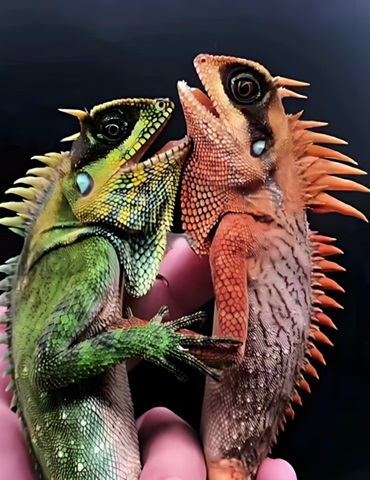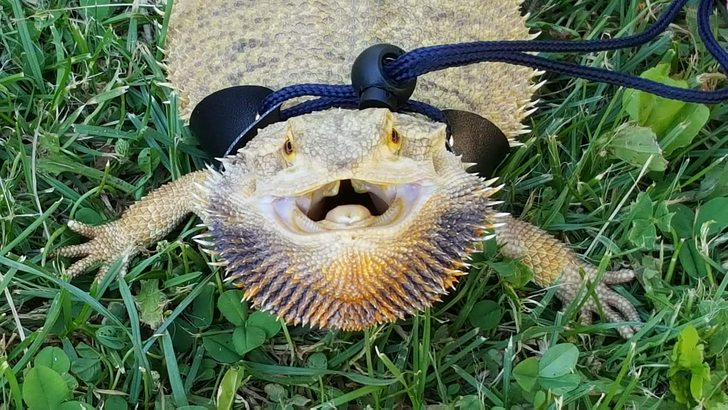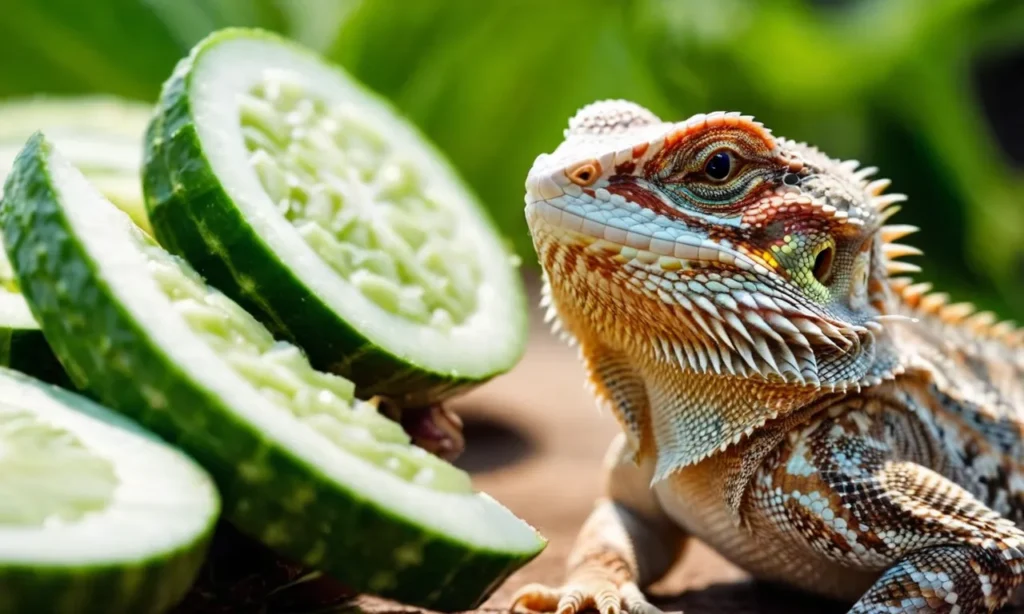Mountain horned lizards are a group of small lizards, with 14 confirmed species distributed across North America. Eight species are found in the western United States, six in western Mexico, and some in the southwestern regions of Canada. They primarily inhabit hot, arid sandy environments, though some species live in mountainous areas at elevations of around 930 meters. Mountain horned lizards range in size from less than 7.
5 cm to a maximum of 12.5 cm. Their bodies are flat, with an oval-shaped torso, a short and rounded head, and nearly equal width and height. Their coloration is predominantly yellow or reddish-brown, resembling the sandy terrain, while their spiny scales mimic dry thorns of low shrubs, providing excellent camouflage. These diurnal creatures are active during the day and rest at night, basking in sunlight to regulate their body temperature. Mountain horned lizards possess multiple defense mechanisms, such as their protective coloration and, in some species, the ability to squirt blood from their eyes to deter predators. They are popular pet lizards due to their striking appearance and ease of handling, making them a favorite among reptile enthusiasts. Mountain horned lizards typically have robust appetites and adapt well to various environments. They require a warm, dry, and well-ventilated habitat with adequate UV lighting. When keeping them as pets, provide an appropriately sized enclosure lined with clean cloth or paper substrate, along with a hide box or tree cavity for shelter. Maintain the enclosure at a minimum temperature of 27°C, with a basking spot of 35°C using lamps or heating pads. Their diet consists of insects like crickets, worms, or larvae, fed five to seven times weekly. Mist the enclosure walls daily to ensure hydration. UV exposure is essential, either through natural sunlight or UV lamps. Additionally, supplement their diet with calcium powder to meet their developmental needs.


